Mold Disclosure Laws for Home Sellers in Massachusetts
- Colin Emmons
- Jun 26, 2025
- 3 min read

If you're preparing to sell your home in Massachusetts, you may be wondering what you're required to disclose about mold. Mold can be a deal-breaker for potential buyers, especially if it’s discovered late in the sale process. Failing to disclose known mold issues can lead to legal problems and loss of buyer trust.
Here’s what homeowners in Massachusetts need to know about mold disclosure laws—and how to protect yourself while making your home market-ready.
Do You Have to Disclose Mold When Selling a Home in Massachusetts?
Yes—if you know about it.Massachusetts is a “caveat emptor” (buyer beware) state, meaning sellers are not automatically required to volunteer information about defects unless specifically asked. However, if you are directly asked about mold—or you know about it and conceal it—you could be held liable for misrepresentation or fraud.
You are also legally obligated to answer truthfully on any seller disclosure forms, and if mold is a known issue, it must be included.
When Mold Must Be Disclosed
You are expected to disclose:
Visible mold or past mold remediation
Known water damage or moisture issues
Conditions likely to cause mold (roof leaks, foundation cracks, poor ventilation)
Mold testing results (if performed)
If you’ve had professional mold remediation done, it’s a best practice to provide documentation, including:
Inspection reports
Remediation scope of work
Post-remediation clearance results
Warranty information, if applicable
What Happens If You Don’t Disclose Mold?
Failing to disclose known mold issues can result in:
A canceled sale or delayed closing
Lawsuits for misrepresentation or fraud
Liability for repair costs and damages after the sale
Damage to your reputation as a seller or real estate professional
Buyers often conduct their own home inspections and mold testing, especially if there are signs of water damage or musty odors. If a mold issue is discovered that was not disclosed, it can raise red flags and halt the transaction.
Should You Get a Mold Inspection Before Selling?
Yes. A pre-sale mold inspection can:
Identify any hidden problems before listing
Give you time to fix the issue professionally
Provide peace of mind to buyers
Increase your negotiating power and buyer confidence
At Above All Mold Removal, we regularly help homeowners prepare for sale with certified mold testing, inspection reports, and documentation that buyers (and agents) appreciate.
Tips for Sellers Dealing with Mold
Be transparent. If you’ve had mold problems in the past, disclose them and show how they were professionally resolved.
Remediate before listing. Mold can reduce your home’s value and scare away buyers. Fix it first—don’t wait for the inspection.
Keep records. Provide invoices, test results, and warranties from any mold-related work.
Consult a professional. If you’re unsure how to handle mold disclosure, work with a mold remediation company and your real estate agent to navigate the process correctly.
Final Thoughts: Honesty Is the Best Policy
In Massachusetts, you may not be required to offer up mold information voluntarily—but if you know about it, you’re expected to disclose it when asked. Being proactive with mold inspections and remediation can not only protect you legally but also help your home sell faster and for more money.
If you need a pre-sale mold inspection or professional remediation in Massachusetts, Above All Mold Removal is here to help. Contact us today to prepare your home for a clean, confident sale.




Comments